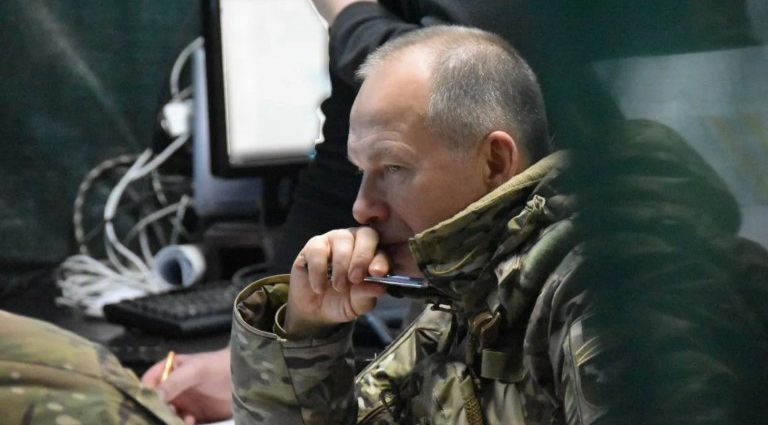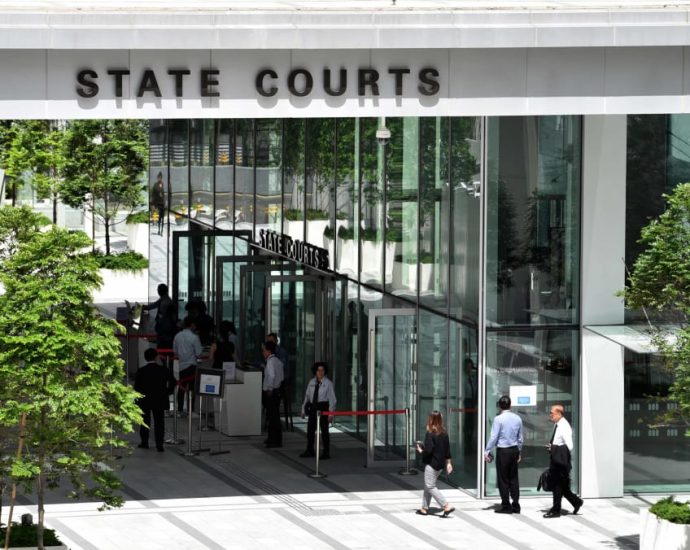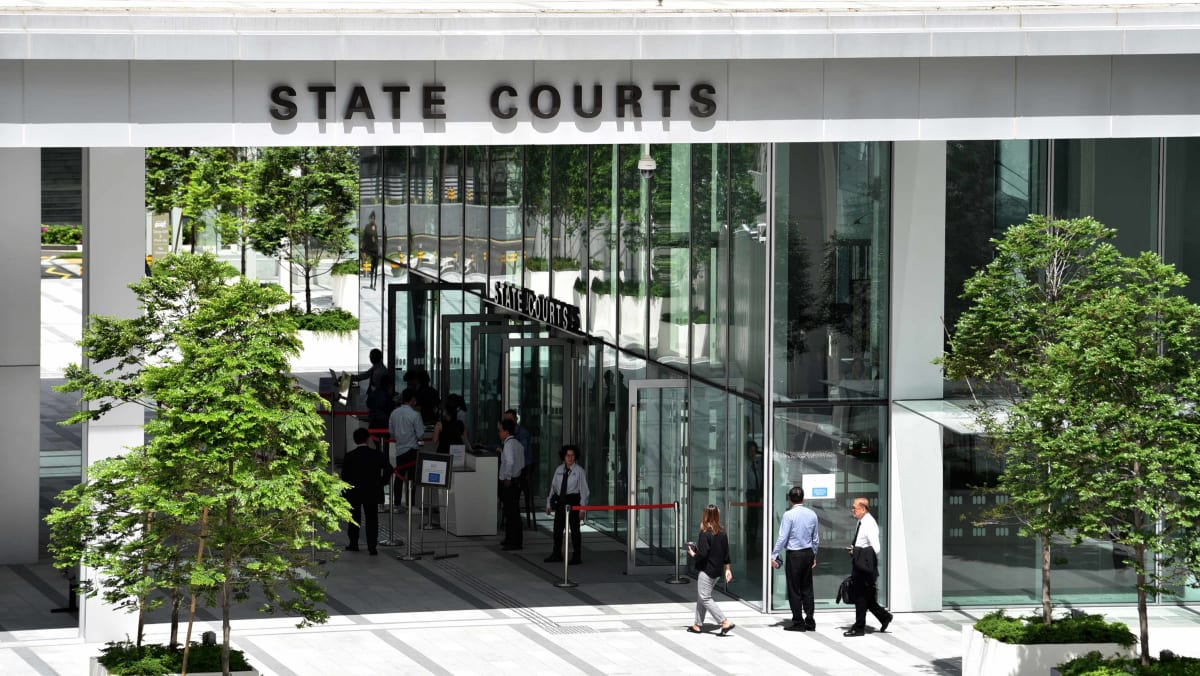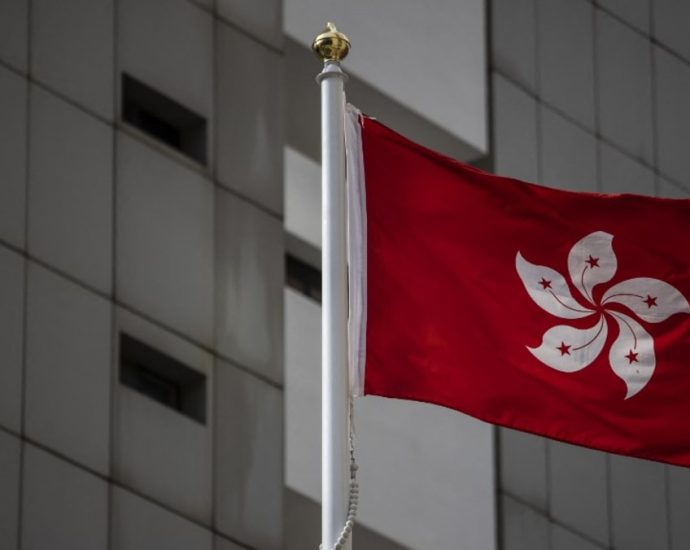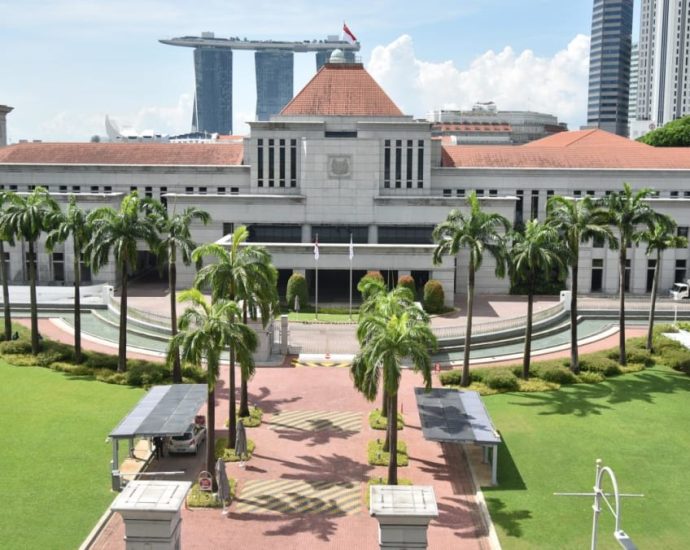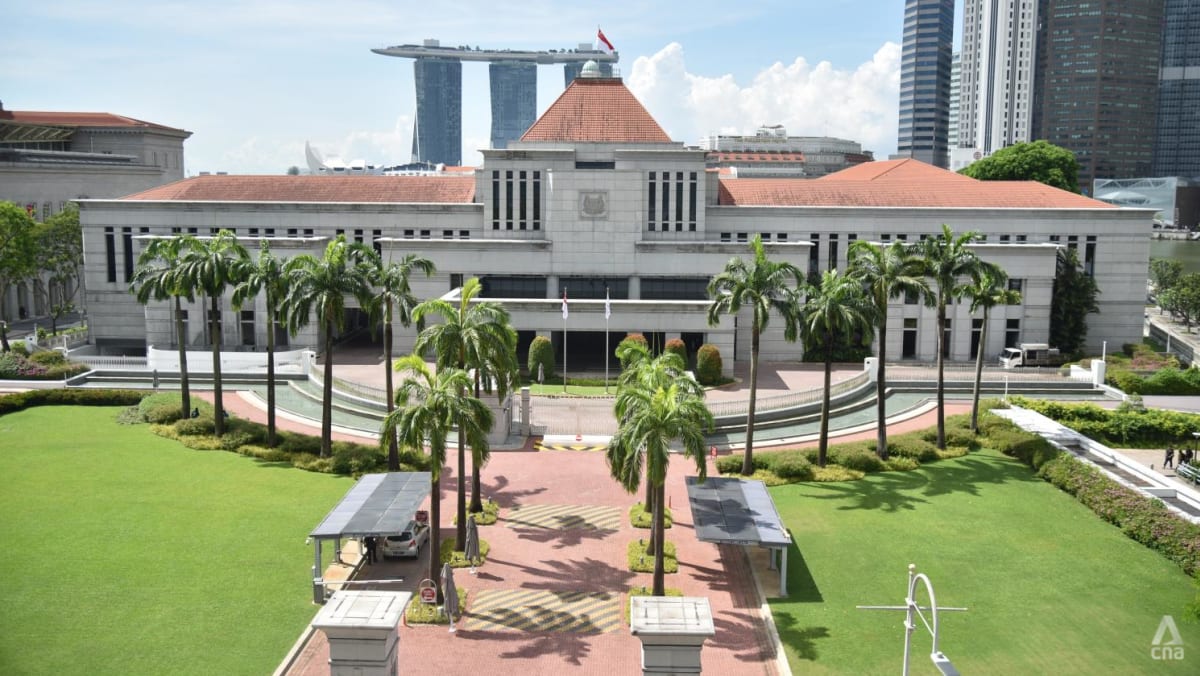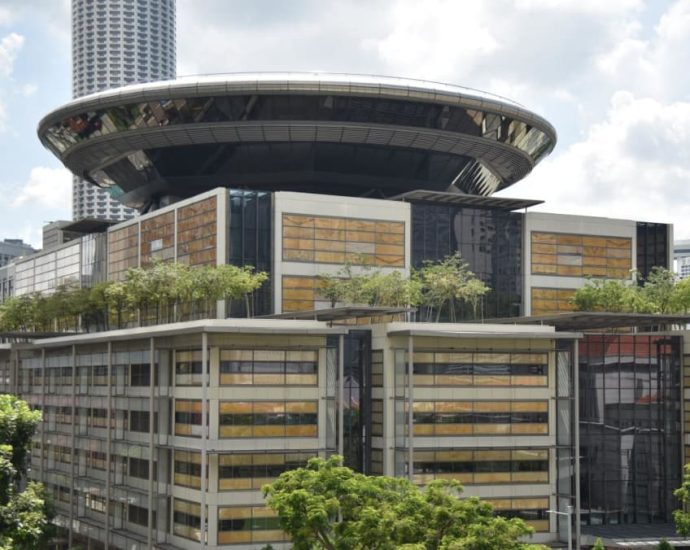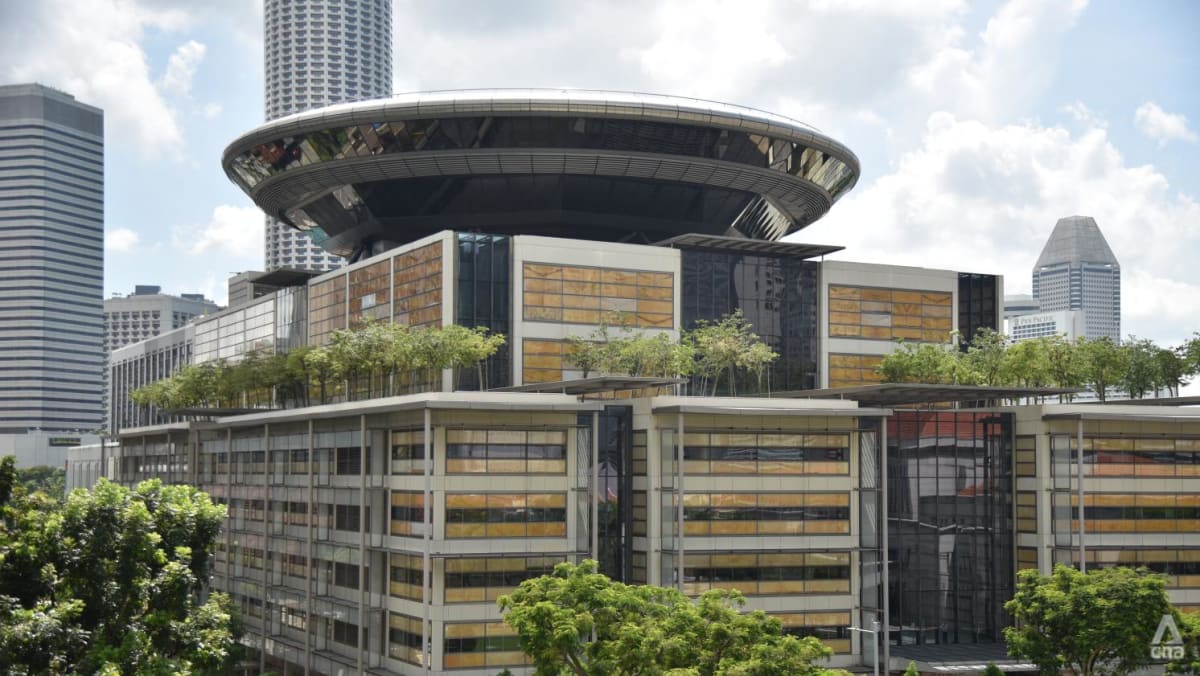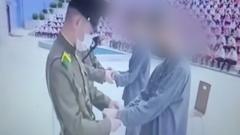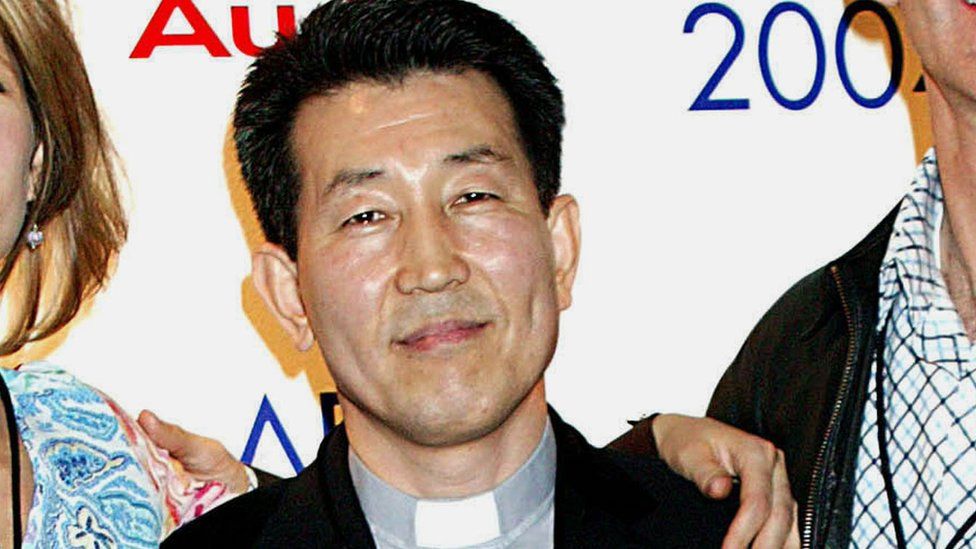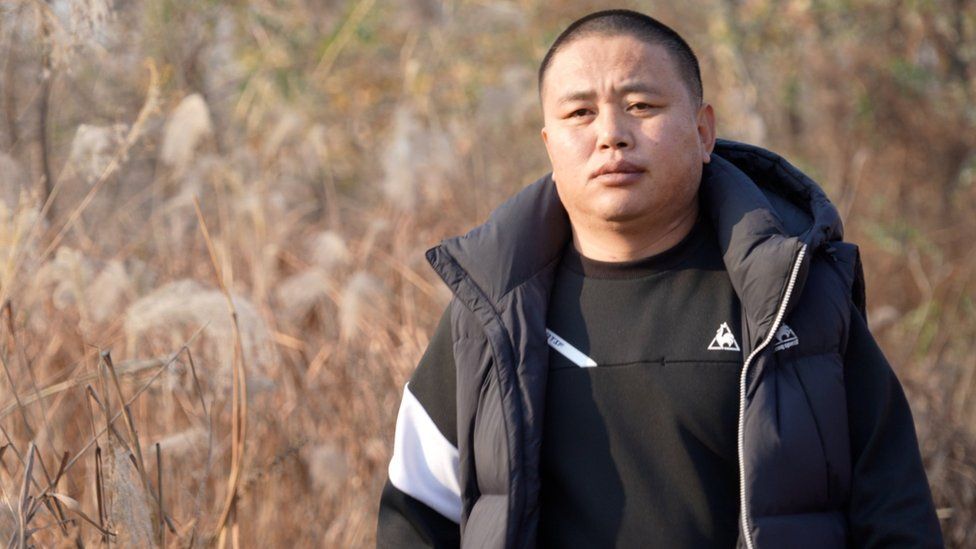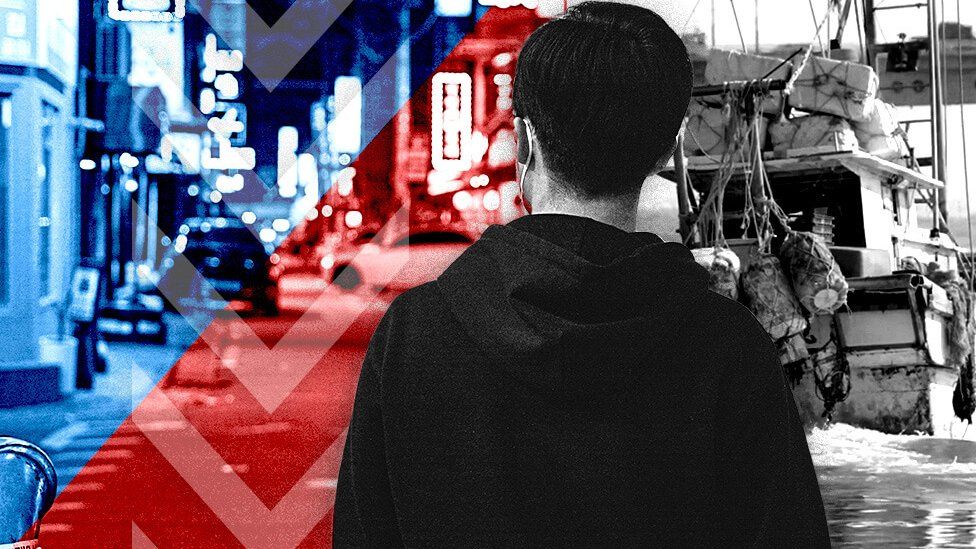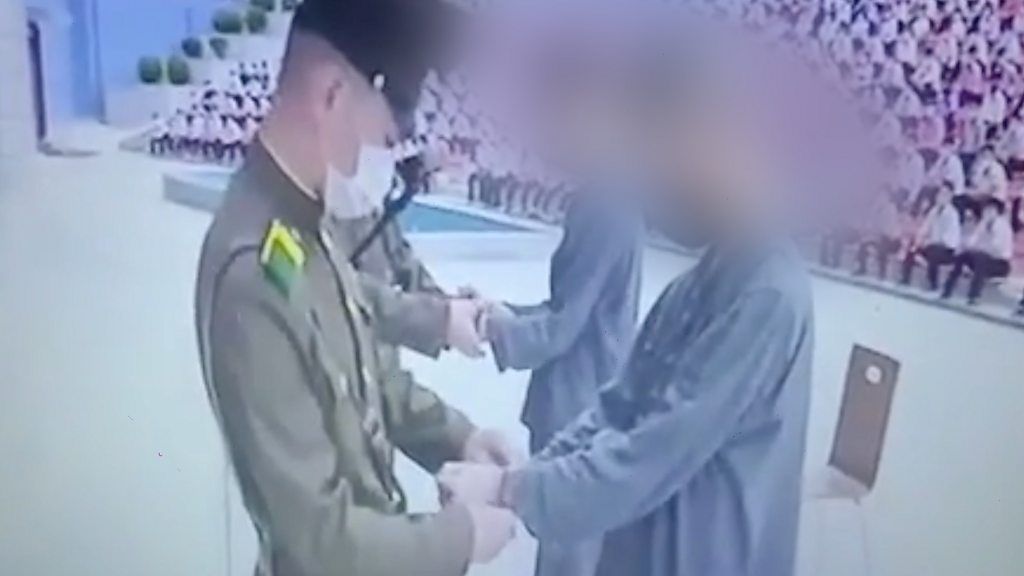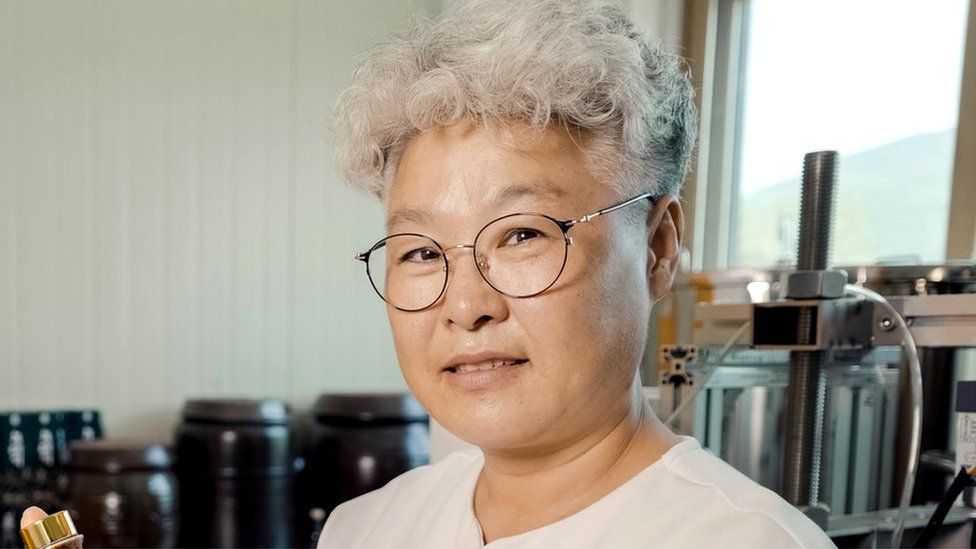Ukraine needs better, smarter aid to win the war – Asia Times
As Ukraine approaches the second anniversary of conventional warfare and the 10th anniversary of unconventional conflict against Russia, the situation is less than ideal.
International attention, partially diverted by the war in Gaza, appears to be waning. Furthermore, domestic politics within Ukraine are threatening to undermine its war aims.
But the situation, while bleak, is not as dire as some analysts predict. In what is shaping up to be a critical year in the war, it’s essential that Ukraine’s supporters provide the right aid to the country and that Ukrainian domestic politics don’t undermine the urgent needs of its military.
Russian morale
An initial reading of Ukraine’s strategic position appears grim. There are elements of the war and political situation, however, that work in its favor.
First, the Russian economy, while on a war footing, is not as strong as it appears. The growth in the Russian economy shocked most analysts, but it was primarily due to armament production. Spending in this area is unlikely to bring long-term prosperity.
Crucially, other segments of the economy did not perform as well. Inflation is diminishing the purchasing power of the average Russian citizen.
Putin was forced to make a rare public apology as the price of eggs has risen by more than 40% in the past year. While this is an inconvenience for the middle class, it is a crisis for the poorer segments of Russian society.

Russian soldiers, furthermore, are not an inexhaustible supply. Russia has suffered significantly more casualties than Ukraine. This disparity is despite Ukraine’s material shortcomings.
The precise effect of these casualties on Russian morale is debatable. The Russian army has been relying on non-Russian minorities to fight the war, a policy that appears to be an effort to maintain Putin’s popularity among Russian nationalists. So far it’s been largely successful.
It could, however, prove problematic in the long term. As Mark Galeotti, a historian and expert on the region, has noted, outside observers rarely visit, much less study, the Russian provinces. As those areas have borne a disproportionate portion of the casualties, more research is needed into their morale and the implications for Russia’s war effort.
The need for smarter aid
International aid to Ukraine in the aftermath of Russia’s invasion in February 2022 was both significant in the short term and problematic in the long term.
International aid was substantial early on as several states rushed to support Ukraine. This aid provided both material necessities and a significant morale boost. In the long term, however, the aid has proven problematic.
The issue is one of army training and doctrine. Weapons systems that Ukraine could easily integrate into its existing armed forces, like anti-tank Javelins and anti-aircraft Stingers, have been useful.
Much of the equipment, however, does not fit easily within Ukraine’s existing doctrine and training. The equipment, along with its associated training, proved inadequate for the Ukrainian battlefield.
In particular, the emphasis on Western arms — and the associated training required to operate and employ them effectively — was arguably a primary cause of failure in the 2023 Ukrainian summer offensive.
Justifying the expense of sending aid
Providing the wrong type of aid creates two problems. The most obvious problem is that it does not help Ukrainian soldiers on the battlefield. In some ways, it actually proves detrimental, as it causes soldiers to turn away from areas and techniques that led to success.
Donor states, however, must justify their expenditures to their own citizens. Although in most instances the amount donated represents a small fraction of a country’s defense budget, even this amount is commonly in millions, or even billions, of dollars.
Given the disparity between this amount and an average citizen’s earnings, it’s difficult for nations to justify spending that kind of money on another country to voters. The ongoing debates in the United States Congress over providing aid to Ukraine partly reflect this issue.
That’s not to suggest aid should be stopped. Rather, it’s important to acknowledge the limitations of the aid provided so far to Ukraine. Ukraine needs fewer M1 Abrams tanks, which are logistically problematic, and more 155 mm artillery rounds.
External support for Ukraine will be vital to its combat capabilities this year. Currently, Russia’s domestic defense production, having transitioned to a war footing, significantly outpaces Ukraine’s.
Ukrainians themselves, including the former commander-in-chief Valerii Zaluzhny, recognize that Ukraine will need to increase its domestic production.
Its importance is such that it’s influencing Ukrainian domestic politics, as Zaluzhny’s critical assessments on Ukraine’s needs finally provoked President Volodymyr Zelensky into action.
Domestic shakeups
Zelensky recently announced a significant political and military shakeup. This included replacing the popular Zaluzhny with Colonel-General Oleksandr Syrsky, who previously served as commander of the Ukrainian ground forces.

Many observers, myself included, have questioned the wisdom of the move. Replacing Zaluzhny at such a critical juncture in the war signals to Ukraine’s allies that the war isn’t going well.
Zelesnky’s move, however, demonstrates the importance of international support in 2024. Zaluzhny’s frank commentary often undermined Zelesnky’s messaging. The question now is if the unity of message was worth losing a valuable wartime general.
James Horncastle, Assistant Professor and Edward and Emily McWhinney Professor in International Relations, Simon Fraser University
This article is republished from The Conversation under a Creative Commons license. Read the original article.

